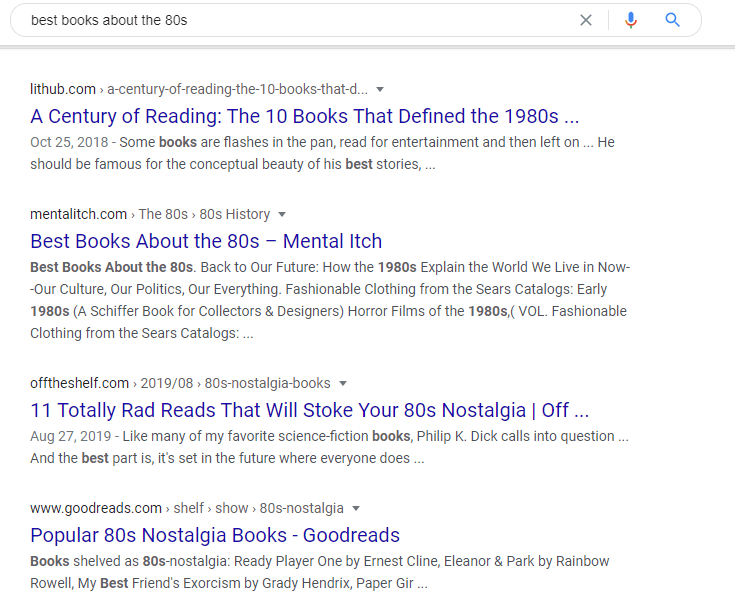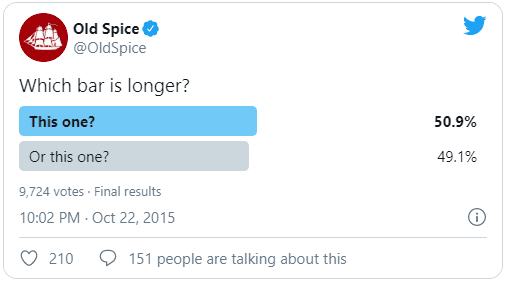Speak To An Expert Now: 215-946-1046
- Home
- About Us
- Services
- Digital Marketing ServicesCreative Services
- Who We Serve
- Testimonials
- Resources
- Home
- About Us
- Services
- Digital Marketing ServicesCreative Services
- Who We Serve
- Testimonials
- Resources




Content marketing is one of the most powerful tools for your business. High-quality content engages your customers, builds interest, and creates trust. But many people confuse content marketing with a digital content strategy.
What’s the difference between these two techniques, and more importantly, how can you use them together?
Content marketing is what you produce.
Content strategy is why you produce it.
70% of consumers prefer content over advertising
Did you know that 70% of consumers would rather read a blog post or receive education from a brand rather than look at a traditional advertisement?
The modern consumer is tech-savvy with unlimited access to the internet. Businesses shouldn’t rely solely on traditional marketing and advertising on the internet.
In its simplest terms, content marketing is the creation, publication, and distribution of content.
Content marketing doesn’t directly aim to sell a product or service. Rather, it helps:
Content marketing doesn’t lead people through the sales funnel. It leads people to the sales funnel.
Content marketing uses different types of content to attract interest:
Producing content also has a huge benefit for many brands — content marketing results in great SEO value. Google crawls written content and ranks websites based on keywords, content, backlinks, and more. Content that gets a lot of interest will help your website’s overall SEO efforts.
Many brands have a content marketing plan because it’s a cost-effective marketing tactic that can result in increased sales. Content marketing is also flexible; you can write about different industry trends, how-to’s, and reviews.
Pretend you're traveling to your business goals. Content marketing is a road. Content strategy is the GPS telling you which road to take.
Content strategy defines what content you produce.
Your strategy outlines everything you want to achieve in your campaign and how you will get there.
A good content strategy:
A great content strategy does that and also:
Websites are generally designed to attract traffic from search engines, so they follow the principles of SEO. A good content strategy starts with keyword research and site organization that determines which pages to create and publish on your website.
Small websites may stick with content that directly covers their products or services, focused on high user buying intent. Larger websites may add blogs or informational articles to collect higher volumes of lower-intent traffic to help build brand awareness and position their site as a go-to knowledge resource.

Social media can be a potent platform for content marketing, whether your content is consumed solely on a social media platform, or if it links users back to your website. It has the benefit of more creative freedom. Instead of worrying about keywords (what people are searching for), you can create content purely for people, something to catch their eye, something they didn’t know they wanted to see. You can also create content that responds to a timely trend or issue.
A content strategy for social media tries to appeal to an audience, encourage sharing, and gain new followers. Brands use humor and provide valuable information to support their social media efforts and strengthen their brand.

While there’s a fine difference between content marketing and content strategy, using both well can achieve great success. Here’s how to combine them.
The blueprint of every successful content campaign is identifying your audience. When you speak directly to your target customers, you can become an influencer in your niche. People identify with your brand better and will turn to you for a solution.
How do you find your target audience? You can start by answering these questions:
When you create your strategy, you can use customer personas to better understand your audience. You can use these personas to create your branding voice.
Sure, many brands only publish content to warm up leads to make a sale. Right? While that’s the ultimate goal, content has the power to accomplish many goals.
Your content strategy will first identify your goals, whether for one post or your collective strategy. After you identify these goals, you can use specific content marketing techniques to accomplish them.
You can use content marketing to improve website traffic, grow your email list, and even make you an authority in your niche.
While content marketing encompasses the skills to create high-quality content, your content strategy will measure specific metrics.
When you measure your metrics, you can identify which content works and what doesn’t. If you’re interested in testing out different types of content, you can use your strategy to measure the success rates.
You can identify which topics make better-written blogs and which ones make better videos. You can find out what type of social media activity is catching on and leading to actual sales.
Your digital content strategy and content marketing are two different entities in the content sphere. However, you need to use both together to achieve your content goals and earn a good ROI.
But developing great content strategy and skills isn’t easy. You’ll experience the best results when you seek help from the professionals.
We offer a powerful content strategy and marketing service. Talk with us to see how our content marketing services can help your business succeed.
We solve business problems, take a consultative approach to every client engagement, and find actionable solutions that will help your organization.